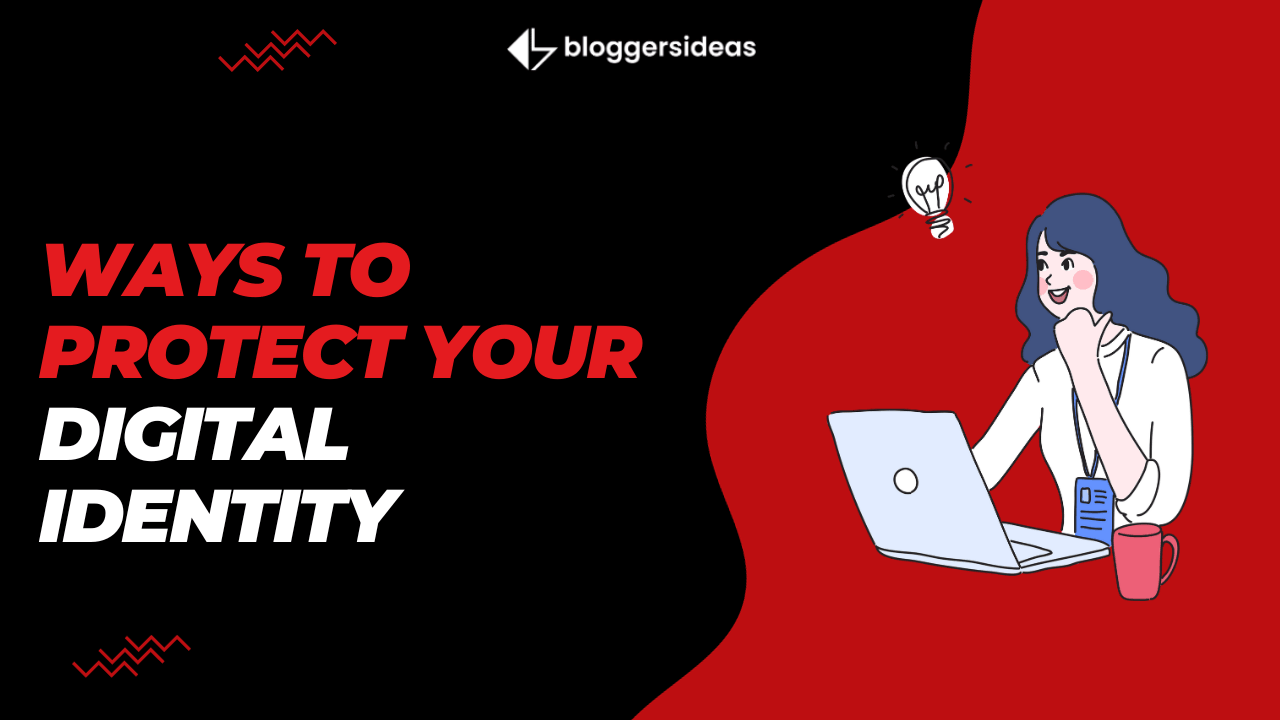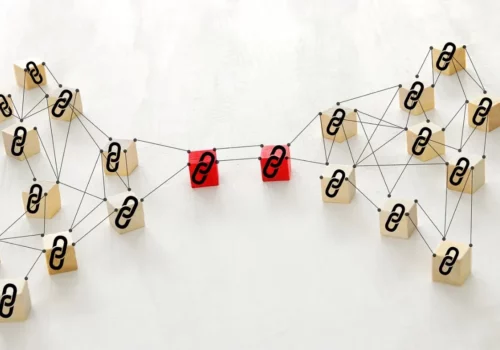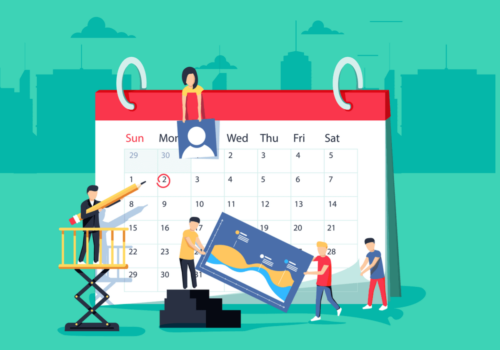Online Privacy and protecting your digital identity is a matter of concern in today’s digital era. This post covers 6 Ways to Protect Your Digital Identity to help fight against the odds.
The internet allows people to make new connections, work remotely, entertain themselves with a never-ending stream of content, or read the news. In addition to that, the web is where marketing blooms, giving companies a platform to spread the word about their services.
However, with such tempting benefits comes constant tracking and surveillance from various entities.
The sad truth is that it happens even without you knowing it. People who value their privacy are usually stunned when they find out they need to work a bit more to ensure their data remains private. Fortunately, there are ways to protect your private and personal data.
Doing it doesn’t require any technical knowledge. The following tips will help you keep your identity online safe, even if you do not consider yourself an expert at networking or computers.
6 Ways to Protect Your Digital Identity
1) Stay Away from Public Wi-Fi Networks
You should avoid connecting to public Wi-Fi spots if you value sensitive data and privacy. These internet access points are very convenient to use.
They are free and usually accessible in public places such as airports, restaurants, parks, etc. However, public Wi-Fi networks are unsecured.
They are among the reasons why people suffer from identity theft or other malicious attacks. Vicious parties can use these networks to hack into your device, whether a laptop, smartphone, or tablet, and steal your data.
If you need to use the internet, always opt for the mobile internet instead. Most new smartphones have network tethering options to share your mobile internet and use it on a laptop.
Do it, and you will minimize the risk of having your information leaked.
2) Block Scripts on Websites
It may surprise you, but most websites gather a lot of information about their users. No, we are not discussing the forms you willingly fill out. We’re talking about all those scripts that run in the background, collect your personal information, and monitor your online behavior.
These scripts start running the moment you enter a website. They can collect information, and you won’t notice a thing. Luckily, there is a really convenient workaround for this privacy intrusion. All major browsers support additional plugins.
Go to a plugin market and look for script blockers. Once you install one of these, no script can run without you previously allowing it. Get ready to be stunned by the number of scripts that run in the background while enjoying your favorite content.
3) Consider Using Different Search Engines
If the internet is a huge data marketplace, search engines are goldmines of data. Whenever you use your favorite mainstream search engine, you share your private data with the service provider. What if we told you that Google and Bing are not the only search engines you can use?
There are some search engines out there that have quite transparent privacy policies and data collection practices. DuckDuckGo, for instance, doesn’t collect users’ private data. If you switch to such a search engine, you will protect your private data and your browsing history.
If you are used to some popular search engines, there are ways to minimize the risk of your private data falling into the wrong hands. For instance, when using its services, Google offers several ways to control what they share with the company.
4) Use a VPN
A Virtual Private Network, or a VPN, is an additional line of defense you can use to safeguard your online privacy. A VPN shields your online identity from being stolen by suspicious sources. It’s very easy to use, and even a more wallet-friendly VPN can safeguard all your data transmissions and interactions.
A VPN works by encrypting your entire online traffic, thus rendering your data unusable even if it ends up somewhere you didn’t want.
For instance, a VPN can help you remain protected even when connected to public Wi-Fi spots. VPN also hides your true IP address, making it impossible for anyone to locate where you live.
5) Don’t Open Suspicious Emails
Finally, spammers and cybercriminals often send emails containing malicious links. Clicking on one of them can have devastating consequences. They can access your private data, figure out who you are, or even take full control of your device.
The best way to protect against phishing attacks is to stop opening suspicious emails. It’s easy to recognize emails from people on your contact list and websites you subscribe to. All other emails could go into the trash if the spam filter didn’t pick them up automatically.
All these tips will help you protect your online privacy and take control of your data. Ensure to consistently stick to these practices because as soon as you let your guard down, hackers will see it as an opportunity to strike.
6) Use social media securely
Social media networks may act as entrance points for identity thieves. Because of this, you should avoid oversharing on social media, the FTC says.
Ensure your profiles do not list personally identifiable information (PII), such as your complete name, birthday, or other crucial account numbers. As a general rule, the less information about you that’s publicly visible online, the safer your digital identity may be.
Your data is a precious asset. Taking a few preemptive precautions may help secure your digital identity.
FAQs
👉Why should you protect your digital identity?
Cyber Criminals can utilize the data they glean from your social media profiles for spear phishing and other forms of identity theft. Invasion of privacyThe fraudulent use of another person's identity, typically for monetary benefit. Delete and ban any unwanted contacts.
👉 Does everyone have a digital identity?
A digital identity is any piece of information that can be found online that can be used to identify a person, a business, or an organization. Nearly everyone owns at least one.
👉Do you need digital identity protection?
Users' online identities have grown increasingly valuable as they spend more time there, necessitating measures to safeguard them from fraud and theft. Nearly 1,300 data breaches were reported during the first three quarters of 2021, according to data stolen under false pretenses.
Further Read:





Thank you for sharing a great blog. I am happy to see this wonderful blog. Also, let me know how to subscribe to your website as I don’t miss your other blogs.